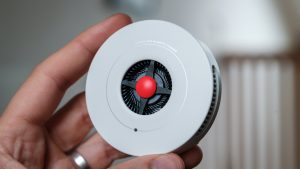Apple’s macOS 26, codenamed Tahoe, marks a pivotal evolution that highlights where Windows has lost its way. With WWDC ’25’s debut of the breathtaking Liquid Glass interface and seamless device continuity, Apple brings warmth, polish, and intelligence back to the desktop—but there’s a message for Microsoft: points of friction still hold Windows 11 back.
Table of Contents
ToggleLiquid Glass – A Design Masterstroke
What is Liquid Glass?
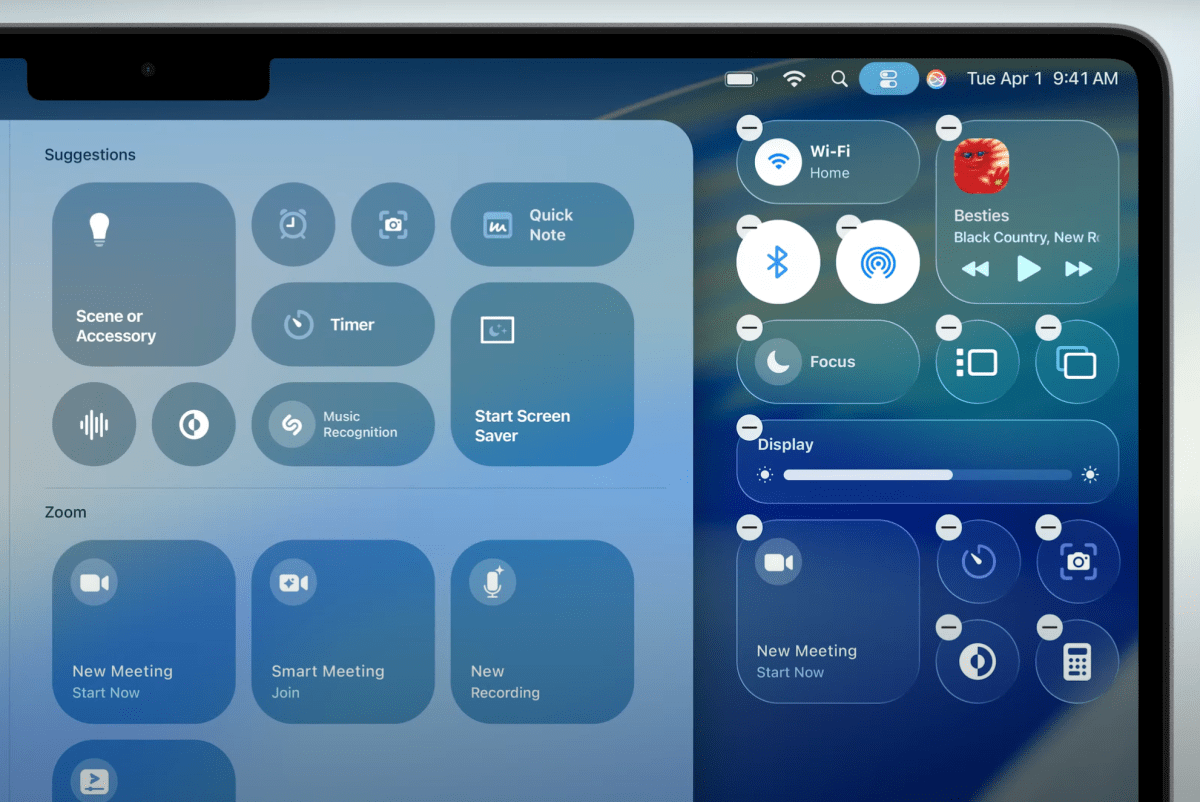
Apple’s brand-new design gambit is built on “Liquid Glass”—a harmonious fusion of glass-like transparency, specular highlights, and fluid responsiveness. According to Apple, it’s “their broadest design update ever”
How It Measures Up to Aero/Fluent
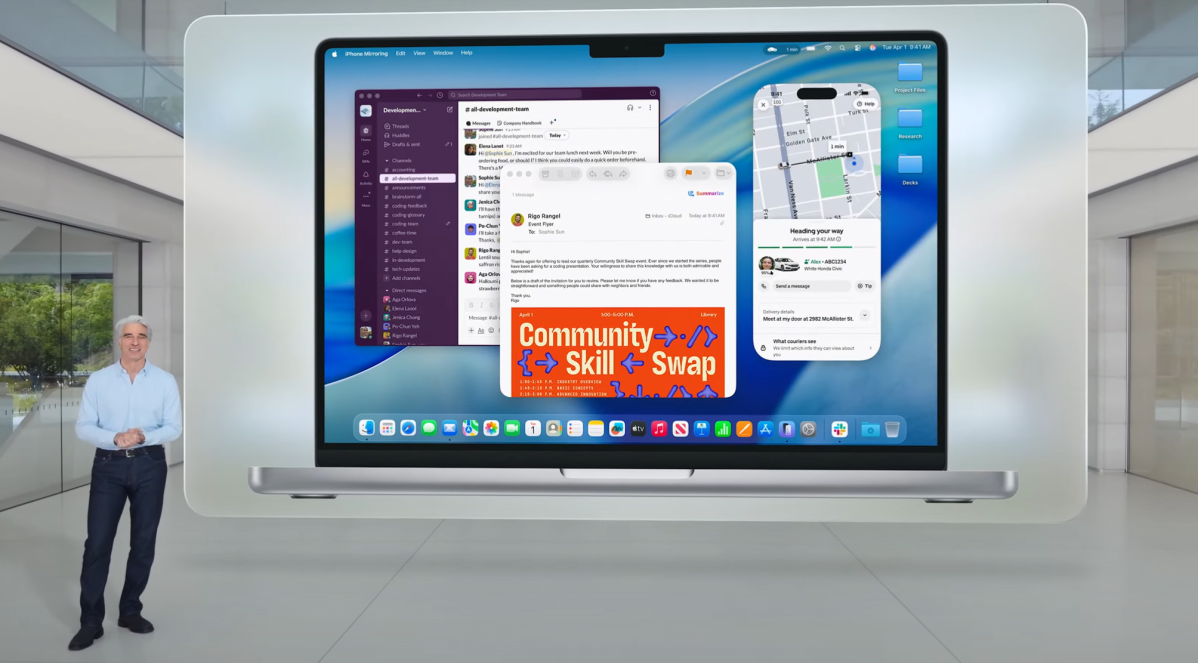
Long-time Mac users may recall Airo Glass or Microsoft’s Fluent design—but Liquid Glass goes further. It blends depth, motion, and context-awareness into everyday windows and icons, making the environment feel dynamic and alive—something Windows 11 still struggles to mimic .
Personalization & Warmth
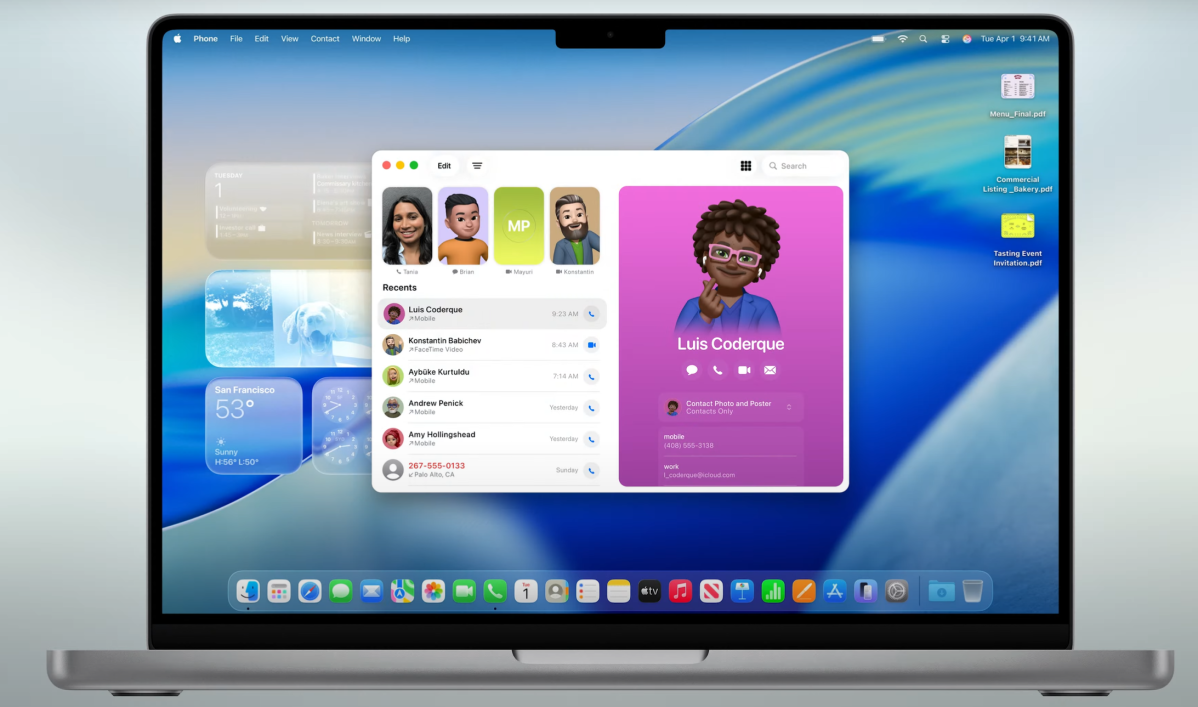
Tahoe injects emotion into the UI:
-
Customizable folder colors and emojis
-
Light/dark tints and clear variants
-
A fully transparent menu bar that grows the feel of your desktop
In contrast, Windows 11 remains practical but impersonal, lacking tools for real self-expression.
Continuity & Phone App
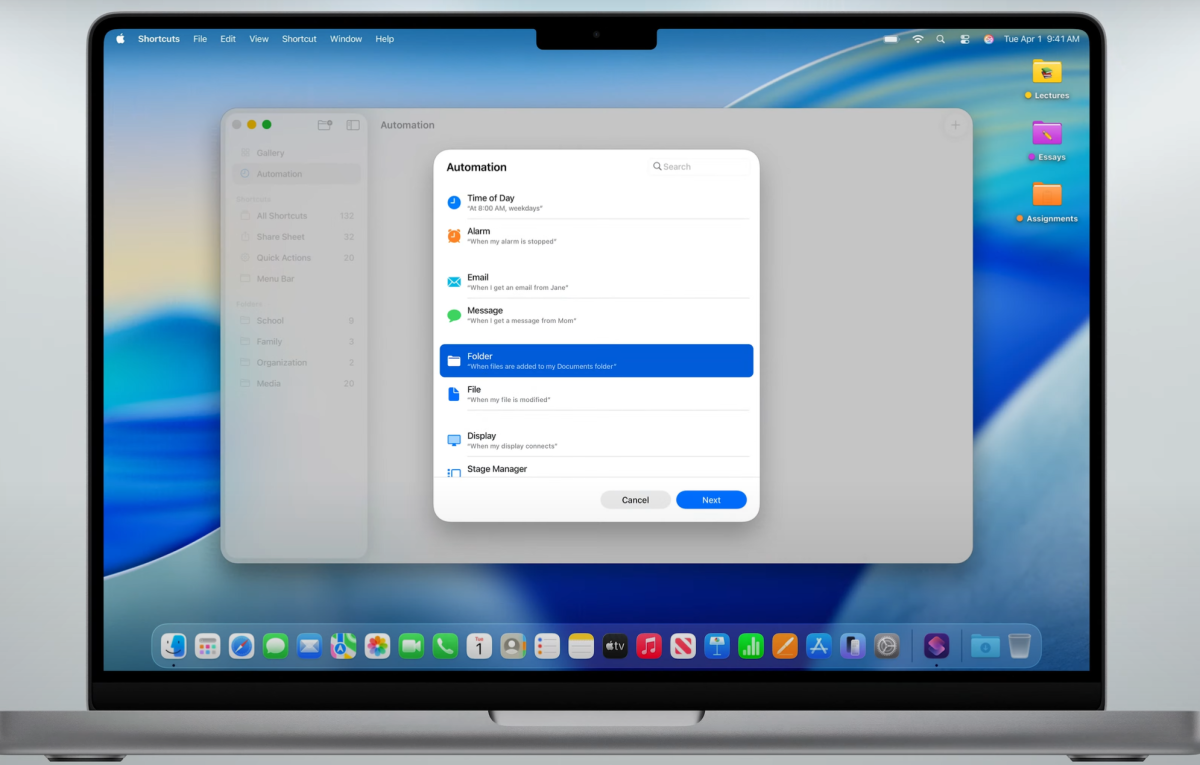
For the first time, macOS includes a built-in Phone app enabling full iPhone integration: recent calls, voicemails, Call Screening, and Hold Assist flow naturally between devices Windows still lags when message and call syncing with phones.
Live Activities – Real-Time Native Info
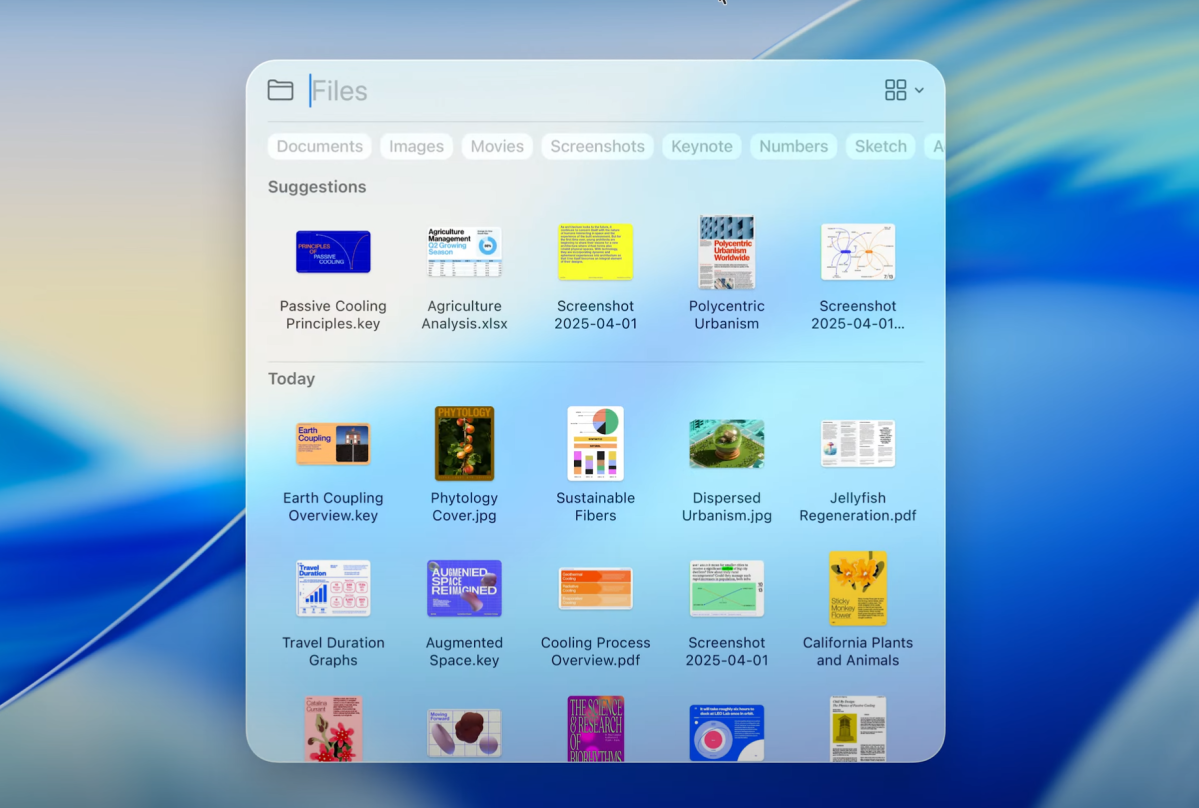
Live Activities—first introduced on iPhone’s Dynamic Island—now live in the Mac menu bar. Think Uber updates or flight trackers that stay active and glanceable Windows 11’s Widgets panel pales in comparison in flexibility and engagement.
Spotlight & Shortcuts – Power Meets Simplicity
Spotlight’s AI-Enhanced Search
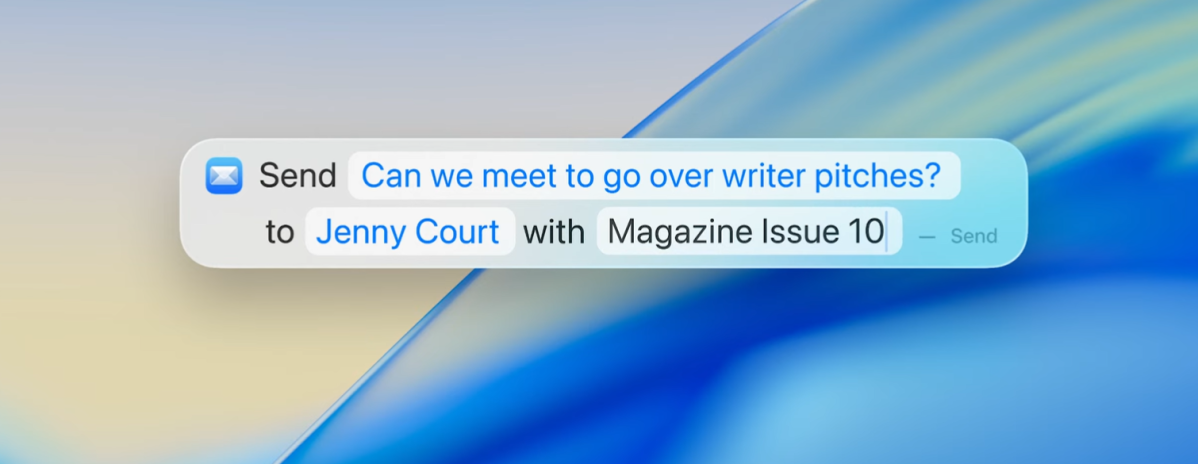
Spotlight gains critical improvements: quick actions (e.g., “Create email”), broad app deep search, and contextual intelligence powered by Apple Intelligence . It’s fluid, sharp, and Mac-native.
Shortcuts with Apple Intelligence
Shortcuts now rival IFTTT and Windows Power Automate—but with less fuss. It’s macro-based automation infused with local AI, and deep integration with Spotlight for faster workflows
Games App & Game Overlay
Tahoe introduces a Games app to manage and socialize around Mac gaming. The Game Overlay allows in-game settings, chat, or battery tweaks without quitting a session —something even Windows 11’s Game Bar can envy.
macOS Tahoe vs Windows 11 – Feature Face-Off
| Feature | macOS Tahoe 26 | Windows 11 |
|---|---|---|
| Design Language | Liquid Glass – depth + transparency | Fluent – flatter, less polished |
| Personal Customization | Colors, emojis, tints | Widgets + Themes only |
| Phone Integration | Full Phone app with call features | Link to Windows (Android SMS only) |
| Live Activity Support | Menu bar—Uber, flight trackers | Widgets panel (static) |
| AI Search | Spotlight + local Apple Intelligence | Copilot+ web-centric |
| Automation | Shortcuts powered by AI | Power Automate – coding-heavy |
| Gaming Hub & Overlay | Games app + overlay | Xbox app + Game Bar |
Developer Tools: APIs for Third-Party Apps
Apple is rolling out Liquid Glass APIs for SwiftUI, AppKit, and 3rd-party integration—for developers looking to bring the same vibrancy to their apps
Performance & Hardware Support
Tahoe is the final macOS to support Intel-based Macs. It’s optimally tuned for Apple Silicon, and includes Live Text, translation, and journal apps all AI-accelerated on-device
▶️ Watch This: Highlights from WWDC 2025
With macOS Tahoe 26, Apple isn’t just iterating—it’s innovating. From Liquid Glass visuals to robust AI and seamless iPhone integration, it represents a bold step forward. Meanwhile, Windows 11 still grapples with impersonality and complexity. It’s time Microsoft looked across the lane—because Apple’s setting a new standard.
FAQs
1. What is Liquid Glass in macOS Tahoe?
A unified visual design across Apple platforms bringing translucent, dynamic UI elements that reflect real-world lighting
2. Will macOS Tahoe work on Intel Macs?
Yes—but it’s the last version that will. Future macOS versions will be Apple Silicon exclusive
3. How does the new Phone app work on Mac?
It mirrors iPhone calls, contacts, voicemails, and includes advanced features like Call Screening and Hold Assist
4. What are Live Activities?
Interactive mini-apps in the menu bar—live delivery tracking, flight updates, etc.—persistent and glanceable .
5. How has Spotlight changed in Tahoe?
It now supports AI-run shortcuts, deeper file/app search, and local Apple Intelligence for smart automation theverge.com.
🔧 macOS 26 “Tahoe” Developer & Power User Insights
Beyond the surface-level features, macOS Tahoe 26 comes packed with developer-focused improvements and pro-user tools that boost the operating system’s usability in professional environments:
🧰 Xcode 17 Enhancements
-
Swift Assist: Powered by Apple Intelligence, it helps generate boilerplate code, suggest improvements, and even auto-complete common app logic.
-
Live Preview Upgrades: Developers can now test Liquid Glass effects in real time without recompiling.
-
iOS Simulator Sync: iOS and macOS simulators now run in tandem, allowing developers to test Continuity features more effectively.
🔄 Unified Design Language
Developers building for macOS, iOS, iPadOS, and visionOS now work under one expanded design language with shared components, making cross-platform development faster and more visually consistent.
🔐 Privacy & On-Device AI: No Cloud Required
One of the underappreciated advantages of macOS Tahoe over Windows Copilot+ is Apple’s stance on privacy-first AI. Every AI interaction—Spotlight searches, email summarization, file categorization—is powered on-device.
✅ Privacy Highlights:
-
No cloud upload unless explicitly authorized
-
Private Cloud Compute kicks in only when needed, with temporary data retention
-
Siri and Spotlight AI don’t profile or track user behavior over time
This contrasts sharply with Microsoft Copilot, which depends heavily on the internet and Azure-based services for its AI intelligence.
🧠 CodeHarper’s verdict : Apple’s OS Is Becoming Human Again
Apple isn’t just shipping new features—they’re returning to an ethos of empathy, warmth, and coherence in software. Tahoe isn’t perfect, but it’s significantly closer to feeling like a lifestyle OS, not just a workhorse.
Meanwhile, Microsoft’s Windows 11 remains functional but fragmented. Its reliance on web-powered Copilot tools feels disconnected from the real-world needs of users who value privacy, fluid design, and emotional clarity in daily computing.




